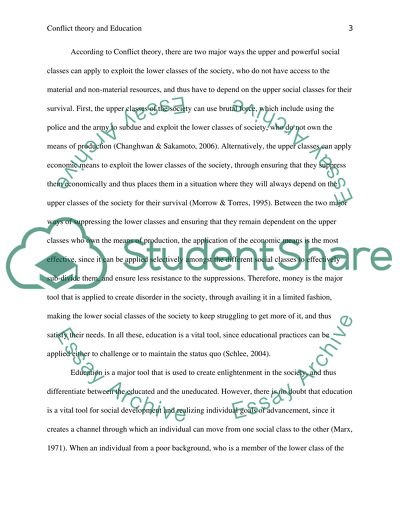Cite this document
(“Conflict theory and Education Essay Example | Topics and Well Written Essays - 2250 words”, n.d.)
Conflict theory and Education Essay Example | Topics and Well Written Essays - 2250 words. Retrieved from https://studentshare.org/sociology/1473395-conflict-theory-and-education
Conflict theory and Education Essay Example | Topics and Well Written Essays - 2250 words. Retrieved from https://studentshare.org/sociology/1473395-conflict-theory-and-education
(Conflict Theory and Education Essay Example | Topics and Well Written Essays - 2250 Words)
Conflict Theory and Education Essay Example | Topics and Well Written Essays - 2250 Words. https://studentshare.org/sociology/1473395-conflict-theory-and-education.
Conflict Theory and Education Essay Example | Topics and Well Written Essays - 2250 Words. https://studentshare.org/sociology/1473395-conflict-theory-and-education.
“Conflict Theory and Education Essay Example | Topics and Well Written Essays - 2250 Words”, n.d. https://studentshare.org/sociology/1473395-conflict-theory-and-education.


